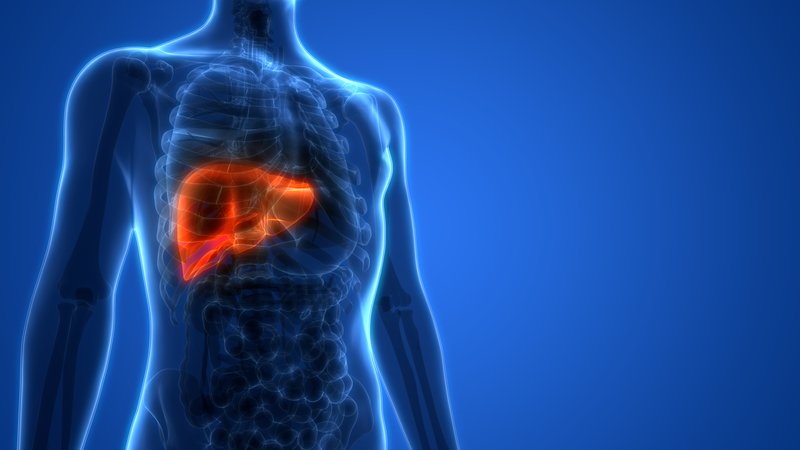Madrigal Pharmaceuticals has passed the first of two phase 3 nonalcoholic steatohepatitis (NASH) trials. With the study finding the ex-Roche drug reduces liver fat, Madrigal is heading to a more comprehensive efficacy readout with increased confidence in its chances of bucking the industry’s NASH losing streak.
The phase 3 trial enrolled almost 1,000 patients with presumed NASH. Patients didn’t need to undergo a biopsy to confirm NASH, as is the case in Madrigal’s other late-phase trial, and the efficacy of two daily doses of resmetirom was assessed using biomarkers and noninvasive imaging.
Liver fat, as measured using magnetic resonance imaging, fell 48% after 16 weeks of treatment with the study drug, compared to a 6% fall in the placebo group. By Week 52, liver fat in the high-dose resmetirom cohort was still down 48%, while it was up 8% in the placebo group. Madrigal also linked the thyroid hormone receptor-ß agonist to significant improvements in cholesterol and triglycerides.
The critical efficacy test is still to come. In the second phase 3 trial, Madrigal is looking at key measures of efficacy including NASH resolution and fibrosis. The inability of other drugs to move the needle against such measures has turned NASH into a R&D graveyard, but Madrigal is increasingly confident.
“These positive topline MAESTRO-NAFLD-1 placebo-controlled data are highly encouraging and increase our confidence in the pivotal serial liver biopsy phase 3 trial,” Becky Taub, M.D., chief medical officer at Madrigal, said in a statement. “MRI-PDFF reductions were robust, with nearly half of patients in the resmetirom 100 mg arm achieving a 50% PDFF reduction.”
Resmetirom came through the safety and tolerability assessments, too. The assessments, the primary purpose of the study, found higher rates of diarrhea and nausea in recipients of resmetirom, particularly at the higher dose, but most cases were mild. Madrigal saw the same percentage of grade 3 or greater treatment-emergent adverse events, 9%, in the high-dose resmetirom arm and placebo cohort. The rate of discontinuation for adverse events across all cohorts was 2%.
Shares in Madrigal rose 13% to above $64 after the release of the results. With Madrigal clearing its first phase 3 test, attention is now turning to the readout of the second study. Success in that trial could send Madrigal’s stock into orbit and establish it as the company to beat in a once-hyped market. Equally, the trial may just provide yet more evidence that NASH is a hard nut to crack.

